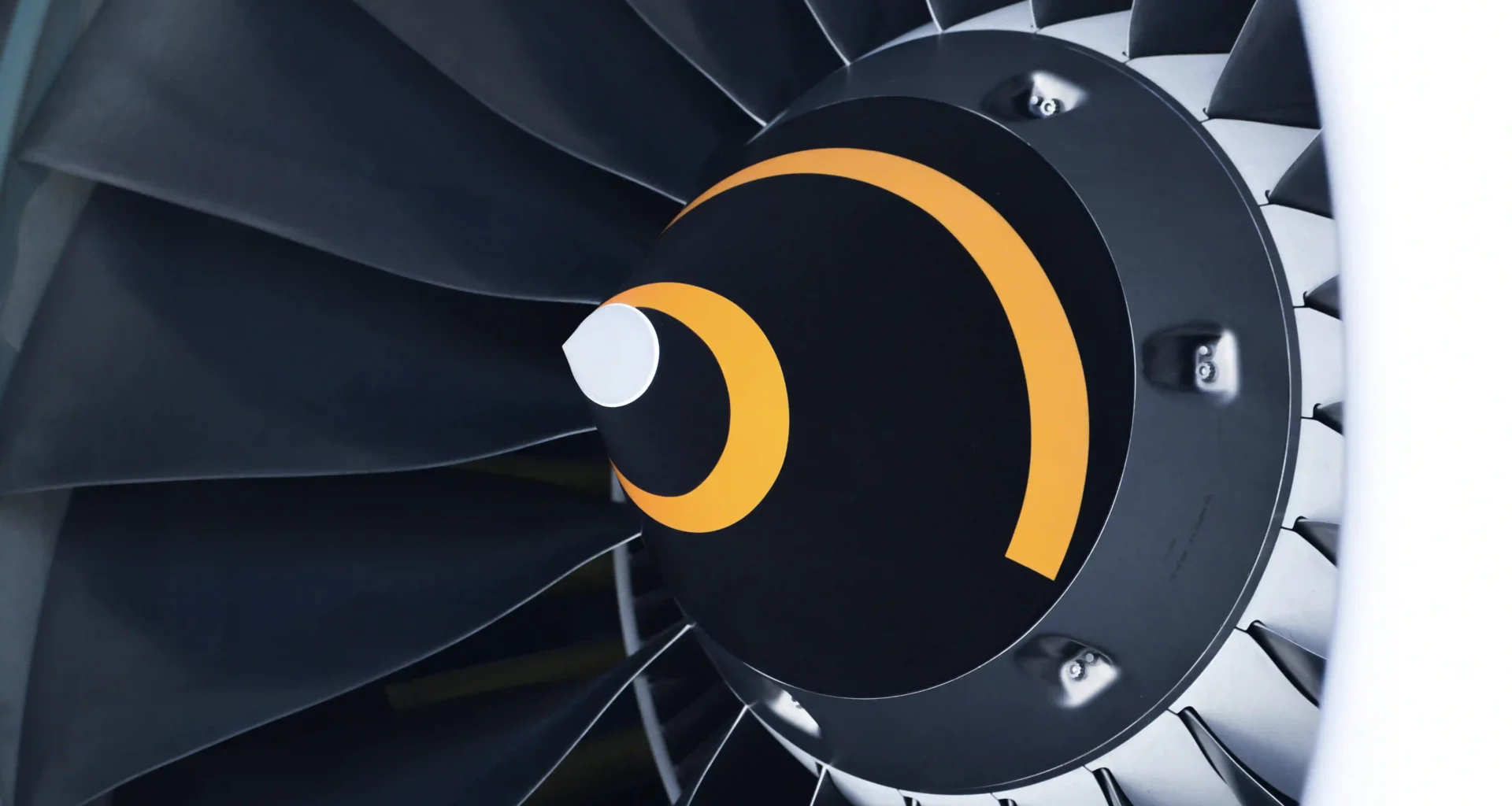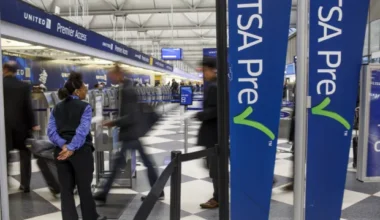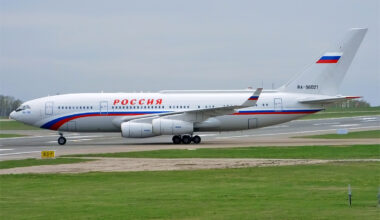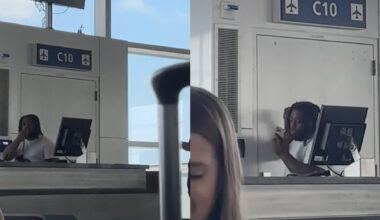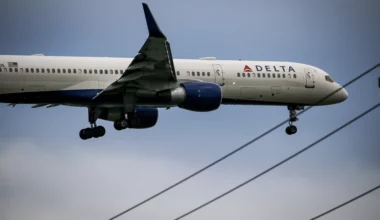Southwest Airlines confirmed that it removed “suspect parts,” a pair of low-pressure turbine blades, from a Boeing 737 engine after evidence that its supplier, OAG Technics, falsified documentation. This makes Southwest the first major carrier to acknowledge the use of OAG’s potentially counterfeit parts publicly.
The story of the company that supplied bogus parts for Southwest’s and many other airlines’ aircraft is pretty wild.
Fictitious employees, nonexistent offices
On August 31, Bloomberg reported that European regulators had found that a London-based company supplied uncertified, counterfeit parts for repairs of jet engines that power many older-generation Airbus A320s and Boeing 737s. On September 7, Bloomberg released a more comprehensive report, revealing layers of deception beyond just bogus parts and a company built almost entirely on fabrications.
Key figures within the OAG, such as Ray Kwong, the chief commercial officer, appear to have fraudulent employment histories and even use stock photos as their LinkedIn profile pictures. Companies like Nissan, ANA, and Mitsubishi Heavy Industries, where Kwong claimed to have worked, have no record of his employment.
AOG Technics was established in 2015 by Jose Zamora Yrala, a 35-year-old whose nationality is listed alternately as British and Venezuelan. Although the company is registered at a prestigious address in London’s Nova Building, it only maintains a virtual office there.
Further adding to the scandal, many of AOG’s staff appear fictitious, with stock images used for LinkedIn profiles.

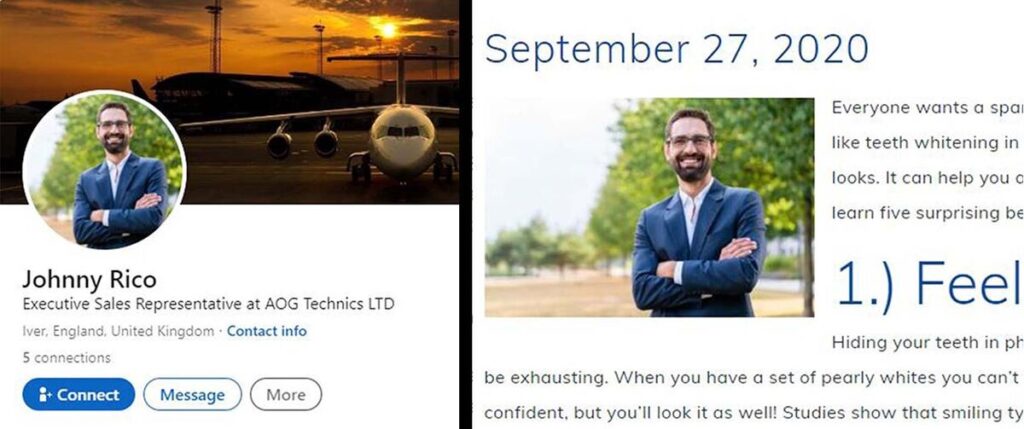
AOG’s website, now offline, claimed the company was a “leading global aircraft support provider,” even though it was not an approved vendor for major manufacturers like CFM or GE. The website also boasted warehouse operations in diverse locations such as London, Frankfurt, Miami, and Singapore, though none of that is true.
Scope of the issue
While it remains unclear exactly how many fake parts have been installed or how many aircraft are affected, the UK’s Civil Aviation Authority has said it’s investigating “a large number of Suspect Unapproved Parts” supplied through AOG Technics, with some already found on UK-registered aircraft.
It’s worth noting that the number of affected aircraft here could be pretty huge since the CFM56 is the world’s best-selling jet engine. Obviously, the widespread use of falsified or undocumented parts is a big deal, potentially undermining the durability and reliability of aircraft engines.
Conclusion
From the fraudulent LinkedIn profiles of its key employees to the facade of its prestigious London office address, the extent of OAG’s deceit looks pretty audacious. And Southwest Airlines, I suspect, is far from the only airline affected; the engines involved power a large percentage of the world’s commercial flights, making the potential ramifications colossal and far-reaching. Needless to say, I’ll be following this story closely.
